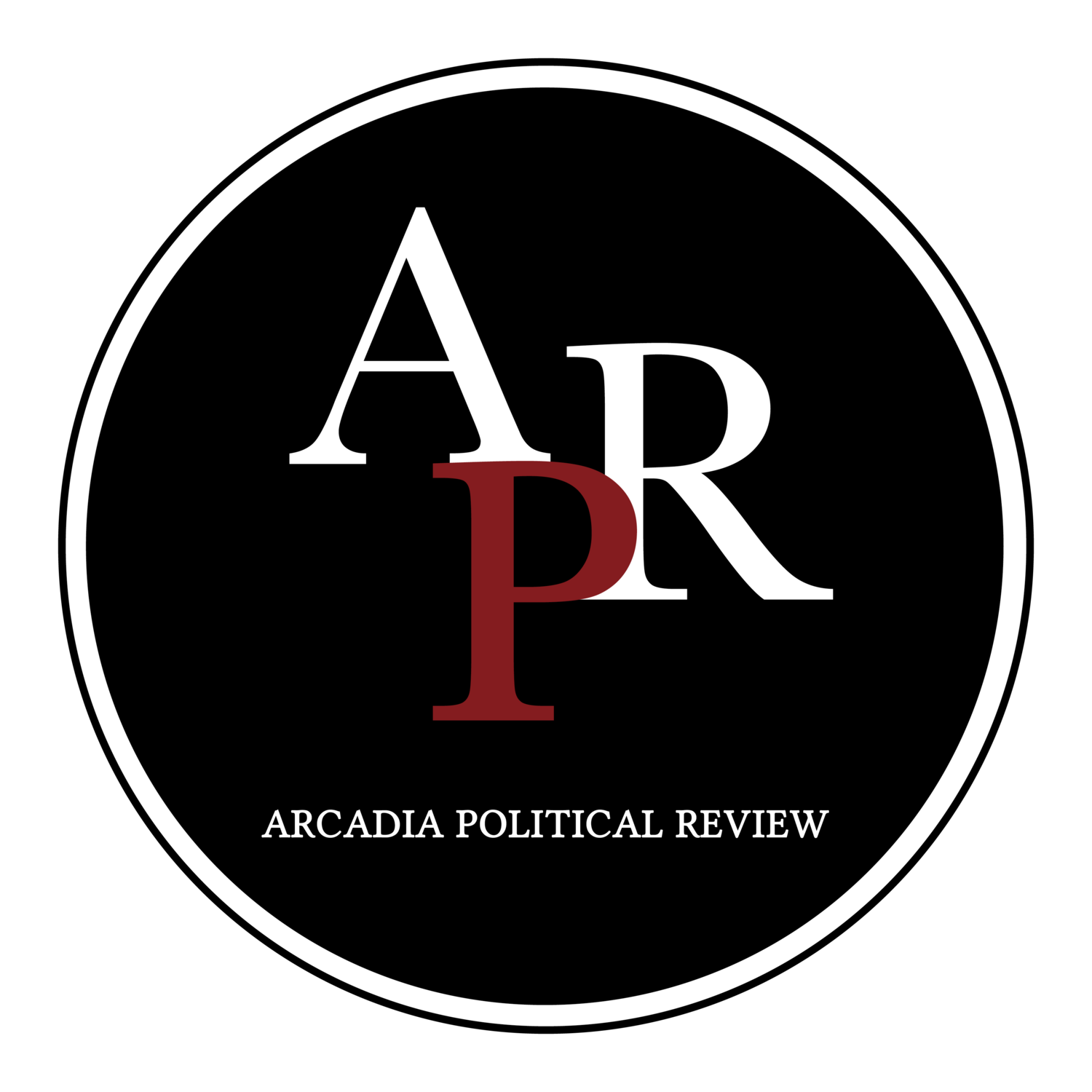Egypt's Restriction on the Media, and Why You should care
By Darielle Matthews ‘22
The Egyptian government has implemented tighter regulations and restrictions that allow the state to block websites and social media accounts with over 5,000 followers if they are deemed to be a threat to National Security. This policy was the latest attempt by the government under President Abdel Fattah el-Sisi to suppress opposition. This new regulation allows the Supreme Media Regulatory Council to block websites on account of “fake news” as well as enforce penalties up to 250,000 Egyptian pounds which are 14,491.07 US dollars, without having a court order. Well-known Egyptian journalists have stated that not only are these laws stricter than those approved by lawmakers last year but also that this law is in violation of fundamental media freedoms. The Egyptian constitution states that “Freedom of press and printing, along with paper, visual, audio and digital distribution is guaranteed. Egyptians -- whether natural or legal persons, public or private -- have the right to own and issue newspapers and establish visual, audio and digital media outlets.” Additionally, it states, “It is prohibited to censor, confiscate, suspend or shut down Egyptian newspapers and media outlets in any way. The exception may be made for limited censorship in time of war or general mobilization. No custodial sanction shall be imposed.” According to the Committee to Protect Journalists also known as CPJ, Egypt along with Turkey and China are responsible for more than half of the journalists jailed around the world in three consecutive years.
Fareed Zakaria wrote a very interesting article on the decay of democracy worldwide in which liberal democracies are transforming into illiberal democracies. Fareed states that the most evident manifestation of illiberal democracies is not only the restriction of the freedom of the press but the attack on journalists. Egypt is the best example to showcase this decay of democracy. The restriction of the press in all parts of the world is very concerning because it showcases that more and more “democracies” are slowly vanishing and disappearing into a democratic/authoritarian hybrid. In order for democracies to persist in the modern world, people must realize that having a democracy isn’t something that is just inevitable and bound to exist, but it is something that we as a society must consciously and collectively make an effort to achieve by not only holding our government accountable but our institutions that keep democracy in place as well.
